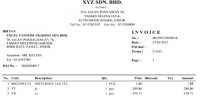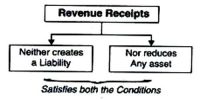The Principles of GAAP Generally accepted accounting principles, or GAAP for short, are the accounting rules used to prepare and standardize the reporting of financial statements, such as balance sheets, income statements and cash flow statements, for publicly traded companies and many private companies in the United States. GAAP based income is measured so that the information provided on financial statements is useful to those making economic decisions about a company, such as potential investors and creditors.
GAAP is implemented through measurement principles and disclosure principles. Measurement principles recognize and determine the timing and basis of items that enter the accounting cycle and impact the financial statements, such as the period in which transactions will be recorded. Disclosure principles determine what specific numbers and other information are essential to be presented in financial statements. Basically, GAAP is concerned with:
- The measurement of economic activity;
- The time when such measurements are to be made and recorded;
- The disclosures surrounding this activity;
- The preparation and presentation of summarized economic information in financial statements.














